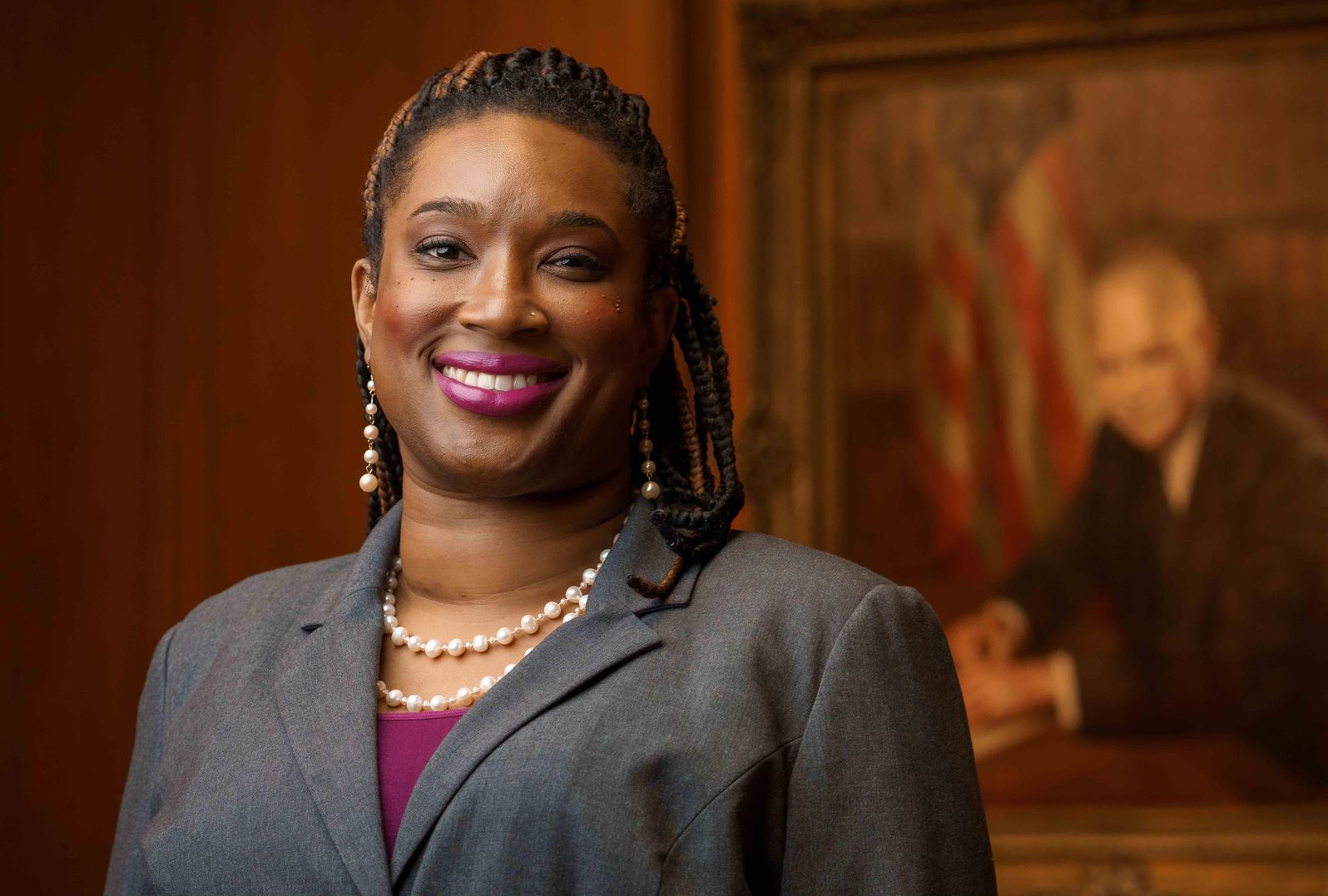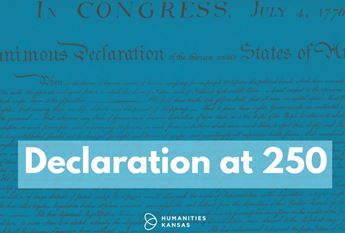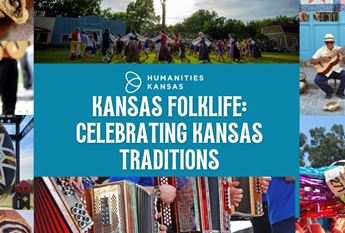

Big Idea: Discourse for a Better Community
March 29, 2023
Joy Murphy is the Learning and Engagement Director of the Eisenhower Presidential Library, Museum, and Boyhood Home in Abilene.
When people consider discourse, they automatically think of something negative and shy away from it. The dictionary definition of discourse is written or spoken communication or debate. Notice that the key word is communication. Discourse is simply a way for someone to communicate their feelings about a particular topic or issue.
Many museums and museum professionals shy away from discourse and work hard to create exhibits and programs that minimize the risk of controversy. This is a missed opportunity. We do our communities and our customers a disservice when we avoid discussing topics that directly or indirectly impact them. We absolutely should be engaged with the communities we serve, especially when we are talking about their history.
Museums should embrace a role as facilitators of change. The key is to encourage civic discourse. We cannot break barriers if we are unwilling to have tough conversations, address social concerns, or listen to other perspectives. Creating programming that affords a safe space to hold these difficult conversations is an opportunity.
Resources are available to museum professionals to help facilitate these discussions. The National Coalition Against Censorship offers a guide called Museum Best Practices for Managing Controversy. With proper training, we can become confident in our ability to carry out a productive community conversation.
I have been asked why and when we should have these conversations. The why is easy. Museums are often seen as subject-matter experts. While I do not always agree with this view, it does provide us a bit of leeway when it comes to introducing topics that some may find hurtful, offensive, or controversial. We should take advantage of this opportunity to move the conversation forward by creating space for discussion. If we are to truly serve our communities, we should help to unify our communities by dispelling myths and misunderstandings whenever possible. We should have these conversations because it is the right thing to do. If not us, then who?
The when is a bit more challenging. It is not our job to chase controversy. We should not seek to intentionally provoke our audience. We can, however, look for opportunities to challenge our audience. We must be intentional about what exhibits we choose and programs we host. Then we need to listen. Listen to our stakeholders. Listen to our community members. Listen to the positive and the negative. Listen for the narratives. If you find that there is misinformation and misunderstanding in these narratives, then that is the time to have a conversation. Part of our job is to cultivate a more interconnected, positive community. It is only by actively engaging in the community we serve that we can build a better community.
About Joy Murphy
Joy (Andrea) Murphy is the Learning and Engagement Director of the Eisenhower Presidential Library, Museum, and Boyhood Home in Abilene, Kansas. The Eisenhower Presidential Library is one of 15 presidential libraries operated by the National Archives and Records Administration (NARA). Bringing nearly nine years of museum and education experience to this role, she joined NARA in January 2021. As a long-time educator, she endeavors to create a personal and meaningful connection with audiences to inspire life-long learning. Joy is a native Floridian and received her Bachelor’s degree in history education from Florida A&M University in Tallahassee.
Spark a Conversation
VISIT Voices & Votes: Democracy in America, the latest Smithsonian exhibit now touring Kansas. Plan your visit and learn more the bold American experiment of a government run by and for the people.
LEARN The National Coalition Against Censorship offers a guide for navigating tough conversations in their Museum Best Practices for Managing Controversy.
EXPLORE HK’s 21st Century Civics resources to engage your community, from films to podcasts, to grant opportunities and speakers, and founding documents that have shaped the Kansas of today.




